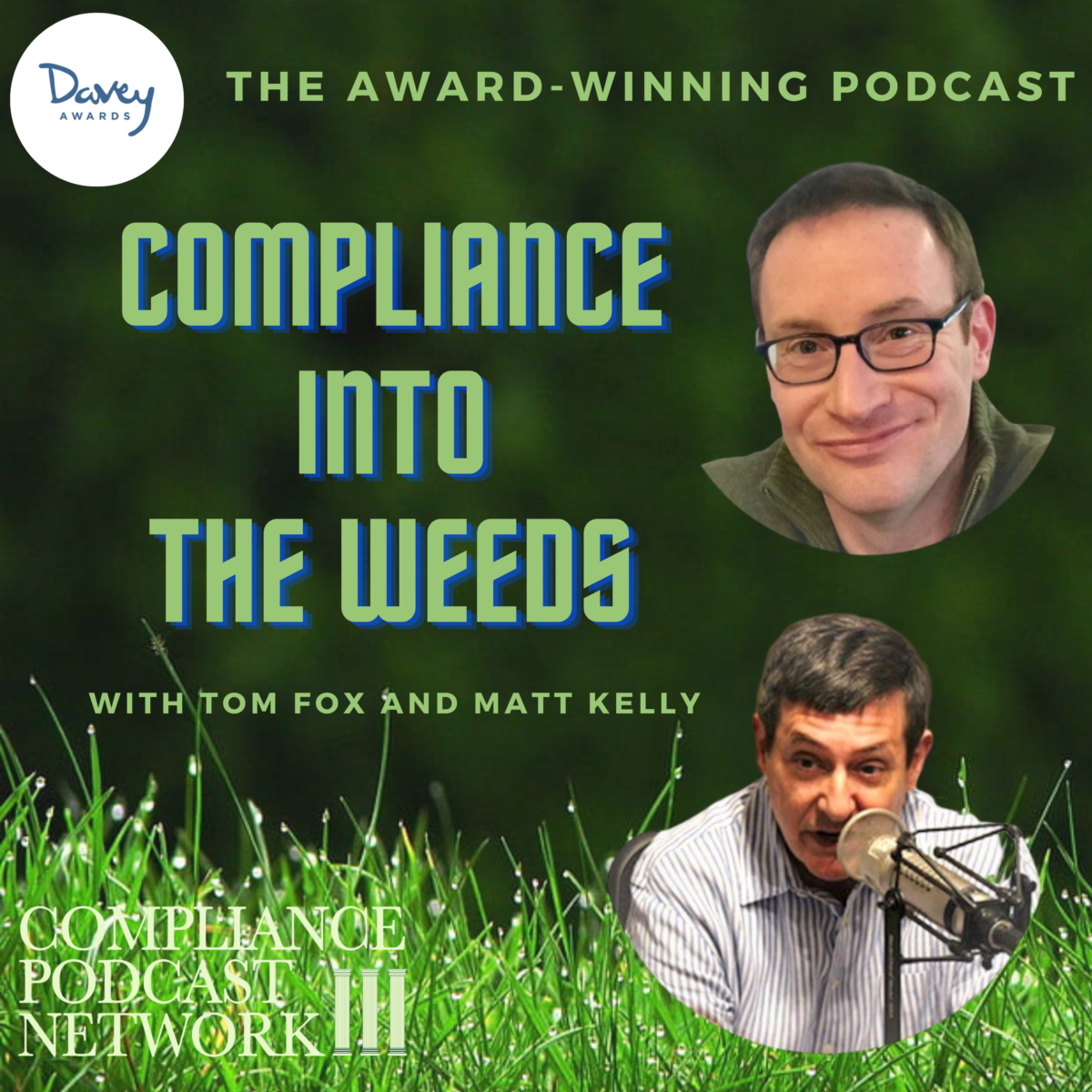There is a reason that lawyer truisms are just that: because they are based in fact. One of those truisms is that bad facts make bad laws. I saw that in the first year I started practicing law in case in Texas which forever changed the definition of gross negligence: Burke Royalty. In that case, a company allowed a rough neck to burn to death while hanging on a chain off an oil rig. The company, Burke Royalty claimed they had subcontracted their safety function to another company. The Texas Supreme Court decreed that safety was a non-delegable duty and failure to provide a safe workplace could form the basis of claim for gross negligence.
We now see this same truism playing out in the Chancery Court of Delaware in the case of McDonald’s Corporation and its former Executive Vice President and Global Chief People Officer of McDonald’s Corporation, David Fairhurst and the creation of an absolute toxic atmosphere of sexual harassment at the very highest levels of the organization. It included the now disgraced former Chief Executive Officer (CEO) Steven Easterbrook but he was dismissed from this litigation.
I will not go into the sordid facts of this matter as they are well-known from other litigation. Suffice it to say that Fairhurst and Easterbrook engaged in multiple instances of sexual harassment and inappropriate behavior with other McDonald’s employees and such conduct was not only well-known within the organization but also known by the McDonald’s Board. But this case dealt not Easterbrook or the Board but with Fairhurst. As you might guess from his corporate title, Fairhurst had a human resources role which he apparently took as license to get drunk at company events and grope, fondle and generally harass as many women as possible. It appears that the rest of McDonald’s senior management and Board stood by while he engaged in all of this.
Fairhurst’s attitude towards sexual harassment seemed to have permeated the entire corporate culture at McDonald’s. One employee class action lawsuit by employees claimed that 75% of all female employees had been sexually harassed while working at the company. Another allegation said that “over 70% of those who reported sexual harassment they witnessed or experienced faced some form of retaliation, with 42% reporting loss of income as a result.” A class action lawsuit by employees of McDonald’s franchisees claimed that “almost two-thirds of restaurant employees worked at locations that did not provide any sexual harassment training.”
As I started out this post, bad facts make bad law.
What the Court of Chancery found was there has long been a duty of oversight in Delaware law, not only for Board’s since at least the 1960s but for officers as well. On the Board side of the equation, there is of course the Caremark decision from 1996 but which established an affirmative duty of Board oversight, with its progeny up to this day. However in 1963, the Delaware Supreme Court established a Board duty when red flags are brought to its attention in the case of Graham v. Allis-Chalmers Manufacturing Co., which held that directors have an obligation to respond if information reached them, but created no affirmative duty to set up an information system to learn about issues within the company. A limited duty of oversight arose only if the directors had already learned enough to suspect that there were issues that needed overseeing. Caremark created that affirmative duty.
Taking a deep dive into the legalese, in this case the court noted, “Using more functional terminology, that species of claim can be called an “Information-Systems Claim” or an “Information- Systems Theory.” A plaintiff typically pleads a prong-two Caremark claim by alleging that the board’s information systems generated red flags indicating wrongdoing and that the directors failed to respond. From a functional perspective, the second type of claim can be called a “Red-Flags Claim” or a “Red-Flags Theory.”
But Board’s do not govern in a vacuum. They depend on senior management. Here the court said, “Indeed, from that perspective, the Caremark oversight role “is more suited to corporate officers who are responsible for managing the day-to-day affairs of the corporate enterprise.” This “first reason for recognizing oversight duties for directors—the seriousness with which the law takes the role—thus applies equally to officers.”
Indeed, “relevant and timely information is an essential predicate for satisfaction of the board’s supervisory and monitoring role under Section 141.” Finally, “board’s need for information leads ineluctably to an imperative for officers to generate and provide that information: Whereas a corporate board meets periodically—roughly six to ten times a year—senior officer engagement with the corporation is continuous. From a practical perspective, a board’s ability to effectively monitor is contingent upon adequate information flow, usually from senior officers functioning in a non-directorial capacity.”
Join me tomorrow where I take a dive into the Court’s legal reasoning.




